Katya Buchatska: You Will See This Light on the Sunniest Day
20 July – 02 September 2023
projekt_room
in cooperation with The Naked Room, Kyiv
Text k výstavě v ČJ.
hunt kastner is very pleased to present a solo exhibition by Katya Buchatska in cooperation with The Naked Room, Kyiv, Ukraine.
“Every day I observe a landscape that is about to change. But it doesn’t change.” – Katya Buchatska
The Last Supper, in vernacular style by an anonymous painter, hung in the farmhouse in southwest Ukraine where Katya Buchatska was on 24 February 2022. The betrayal is already set in motion, but the crucifixion and resurrection are still to come, and still in doubt. At that moment everything has changed, though everything remains the same. The world is different, history is being made, but somewhere else.
In Buchatska’s work, time often collapses like this. The museum and its conventions can be a useful way for her to stage that collapse, but she insists it’s happening all the time. The pre-historic – which is always at least partly invented through its display – becomes a place to represent the present. In this exhibition the artist’s jewellery, shown like grave goods, are transformed from something every day by a heightened awareness of death; the desire to wear everything all at once, because it might be the last chance. The armour is made of lead as protection – perhaps symbolic, perhaps not – against radiation. Time collapses between the Chernobyl disaster, the year before Buchatska was born, and the uncertain future of the Zaporizhzhia Nuclear Power plant, currently on the war’s front line. The present contains the past, of course, but when it hangs around too long, never quite ticking over into the next moment, then it is the past, and the future as well, for as long as that drawn out moment lasts.
The constant, urgent, presentness of the war of course raises questions about the usefulness of art. Victoria Amelina, who died on 1 July from a Russian missile while working to record their war crimes, said that she, as a writer, could add nothing to the testimony of those she interviewed. But she also knew the value of words in helping us to understand things that do not so easily speak for themselves. Writing of her hometown of Lviv – and the entangled history of the Holodomor in the east and the Holocaust in the west – she says “as a writer what I can do is to listen to the silences rising from the city’s ground, and do my best to translate them into a tongue the living understand.” Buchatska is witness to her own experience – the sleepless, anxious, boring normality of life not stopped by war – and makes its screaming, apocalyptic, potential energy visible. As the war continues, time collapses further. In the daily routines near her home in Kyiv, a superficial normality is punctuated by medieval comets and the air defences that illuminate the sky, harbingers of the end of times that induce an intensity of the now. But the millenarians’ wait for the apocalypse is not a wait for catastrophe, but for rapture, the joy that the end of waiting will bring. To the invader culture is resistance, just as resistance is culture. Defeat must mean the defeat of culture. Those who wait for the end of war, who live it and witness it, are waiting for victory.
(John Hill, July 2023)
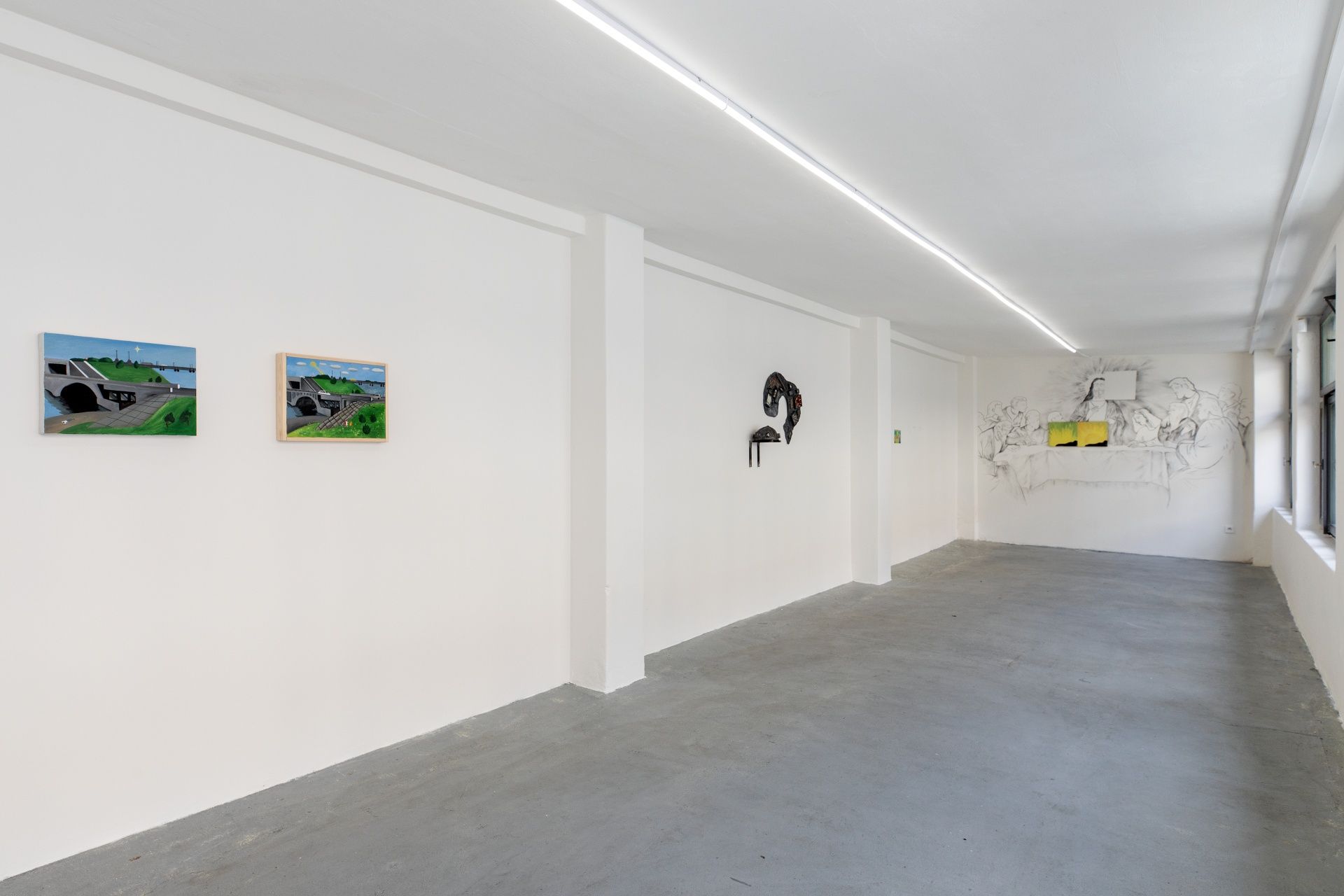 Katya Buchatska, view from the exhibition 'You Will See This Light on the Sunniest Day', 2023
Katya Buchatska, view from the exhibition 'You Will See This Light on the Sunniest Day', 2023  Katya Buchatska, view from the exhibition 'You Will See This Light on the Sunniest Day', 2023
Katya Buchatska, view from the exhibition 'You Will See This Light on the Sunniest Day', 2023 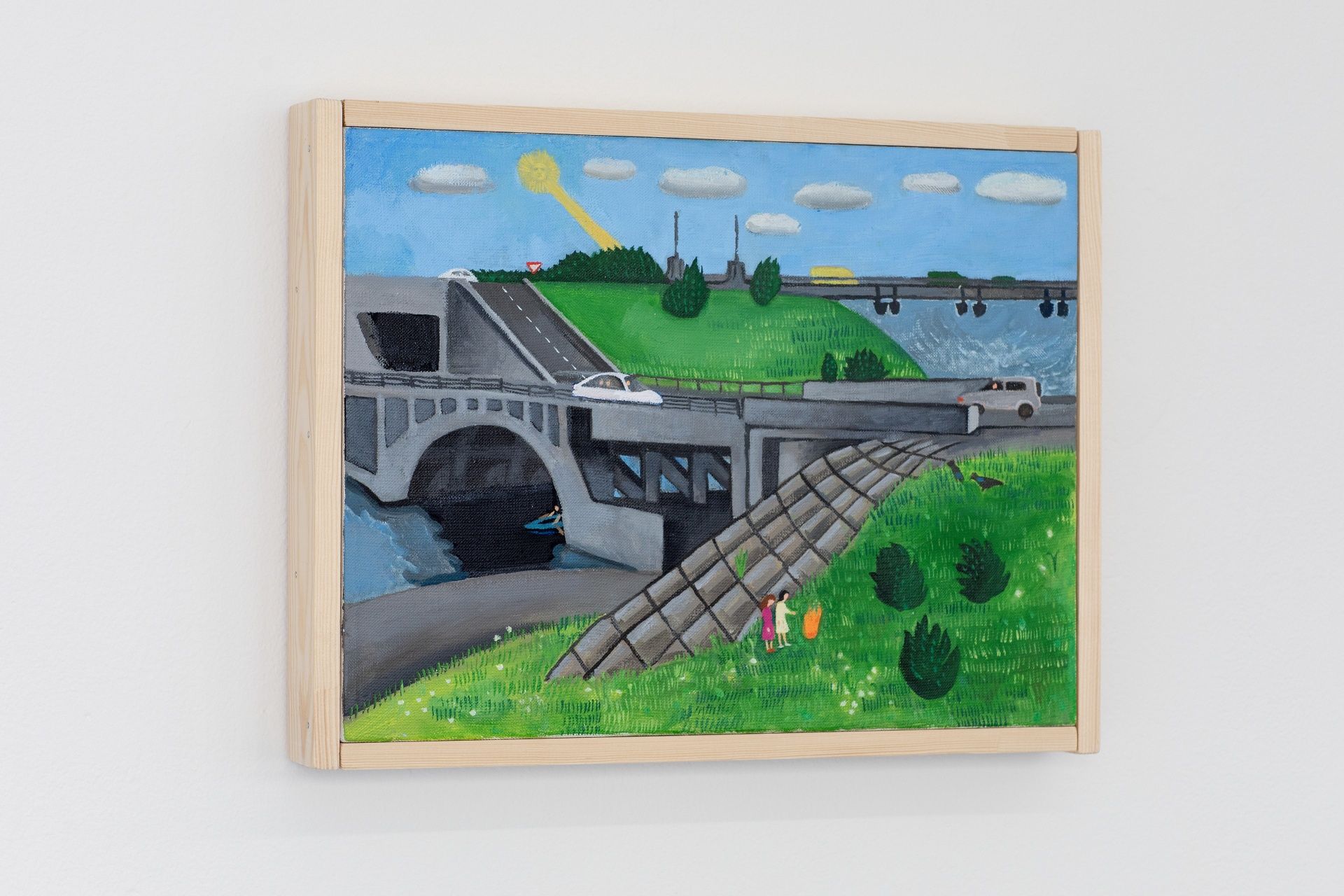 Katya Buchatska, view from the exhibition 'You Will See This Light on the Sunniest Day', 2023
Katya Buchatska, view from the exhibition 'You Will See This Light on the Sunniest Day', 2023 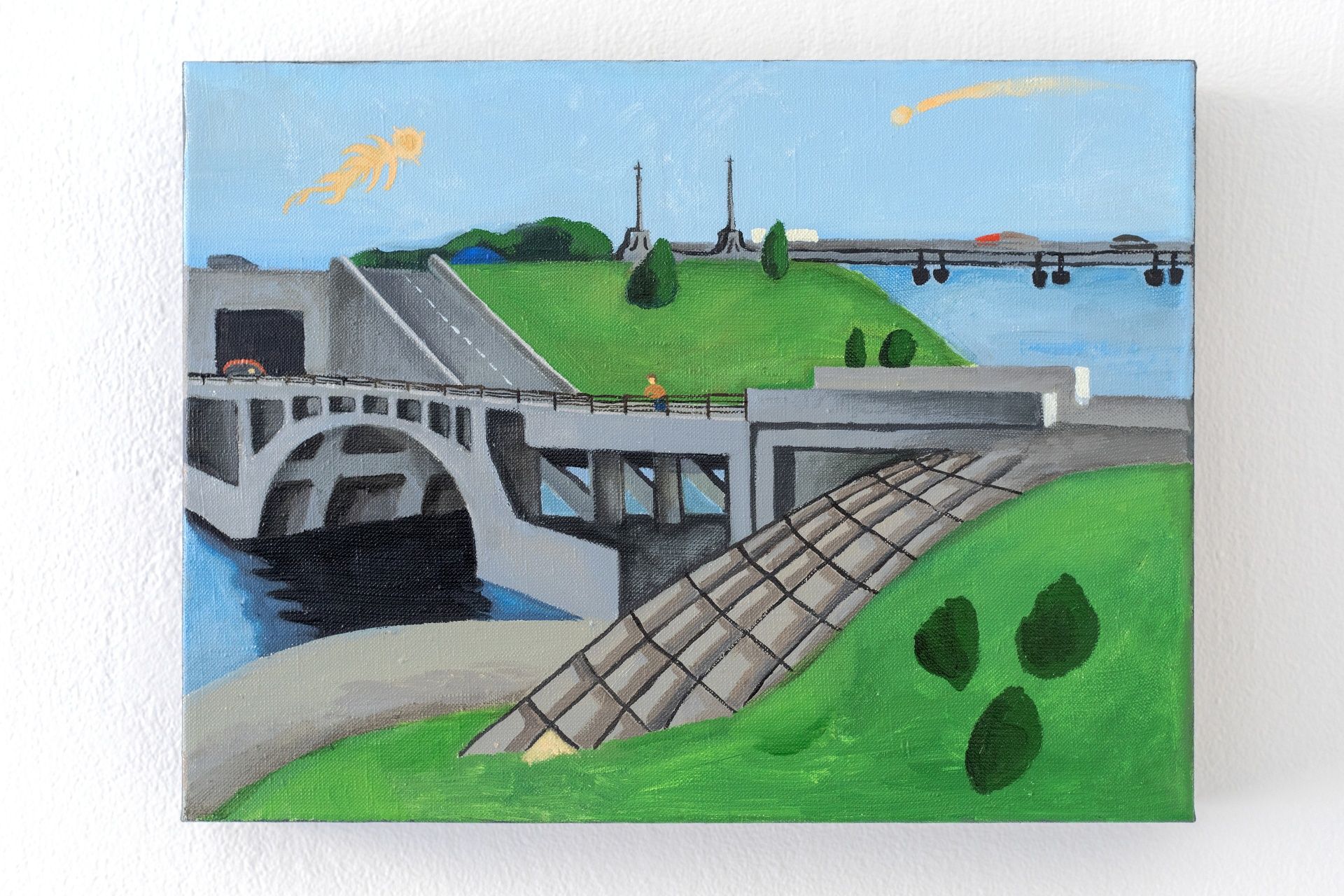 Katya Buchatska, view from the exhibition 'You Will See This Light on the Sunniest Day', 2023
Katya Buchatska, view from the exhibition 'You Will See This Light on the Sunniest Day', 2023 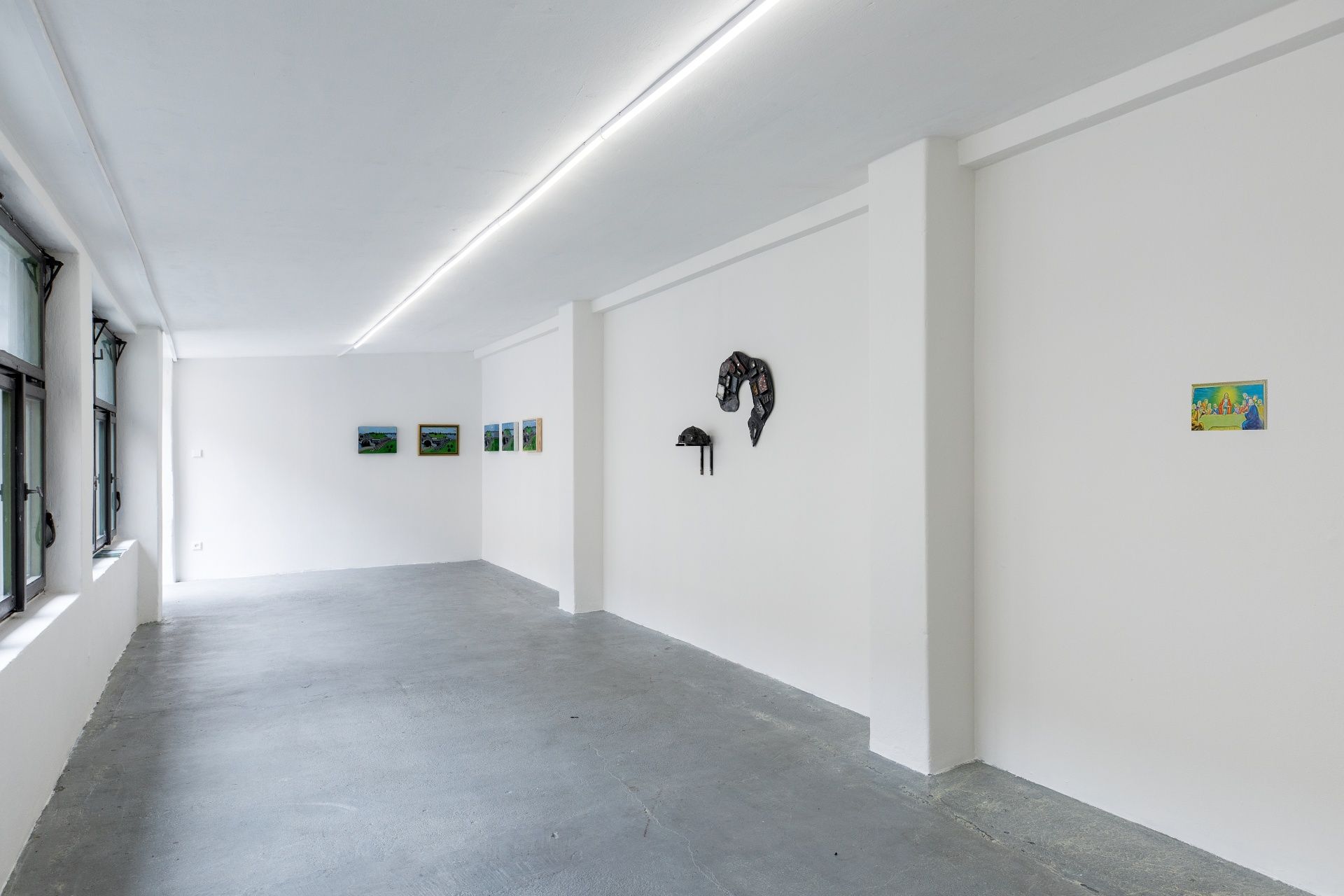 Katya Buchatska, view from the exhibition 'You Will See This Light on the Sunniest Day', 2023
Katya Buchatska, view from the exhibition 'You Will See This Light on the Sunniest Day', 2023  Katya Buchatska, view from the exhibition 'You Will See This Light on the Sunniest Day', 2023
Katya Buchatska, view from the exhibition 'You Will See This Light on the Sunniest Day', 2023 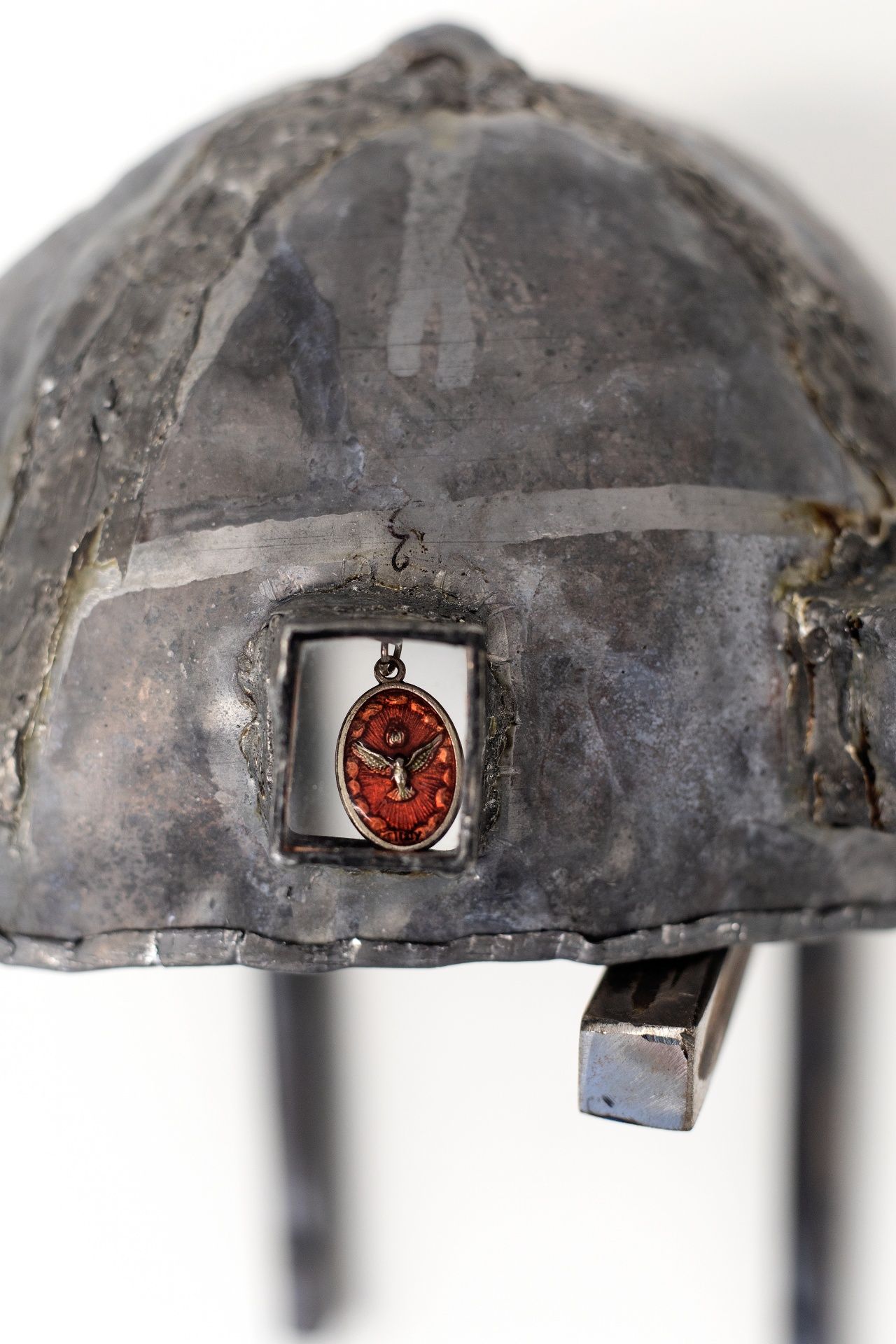 Katya Buchatska, view from the exhibition 'You Will See This Light on the Sunniest Day', 2023
Katya Buchatska, view from the exhibition 'You Will See This Light on the Sunniest Day', 2023 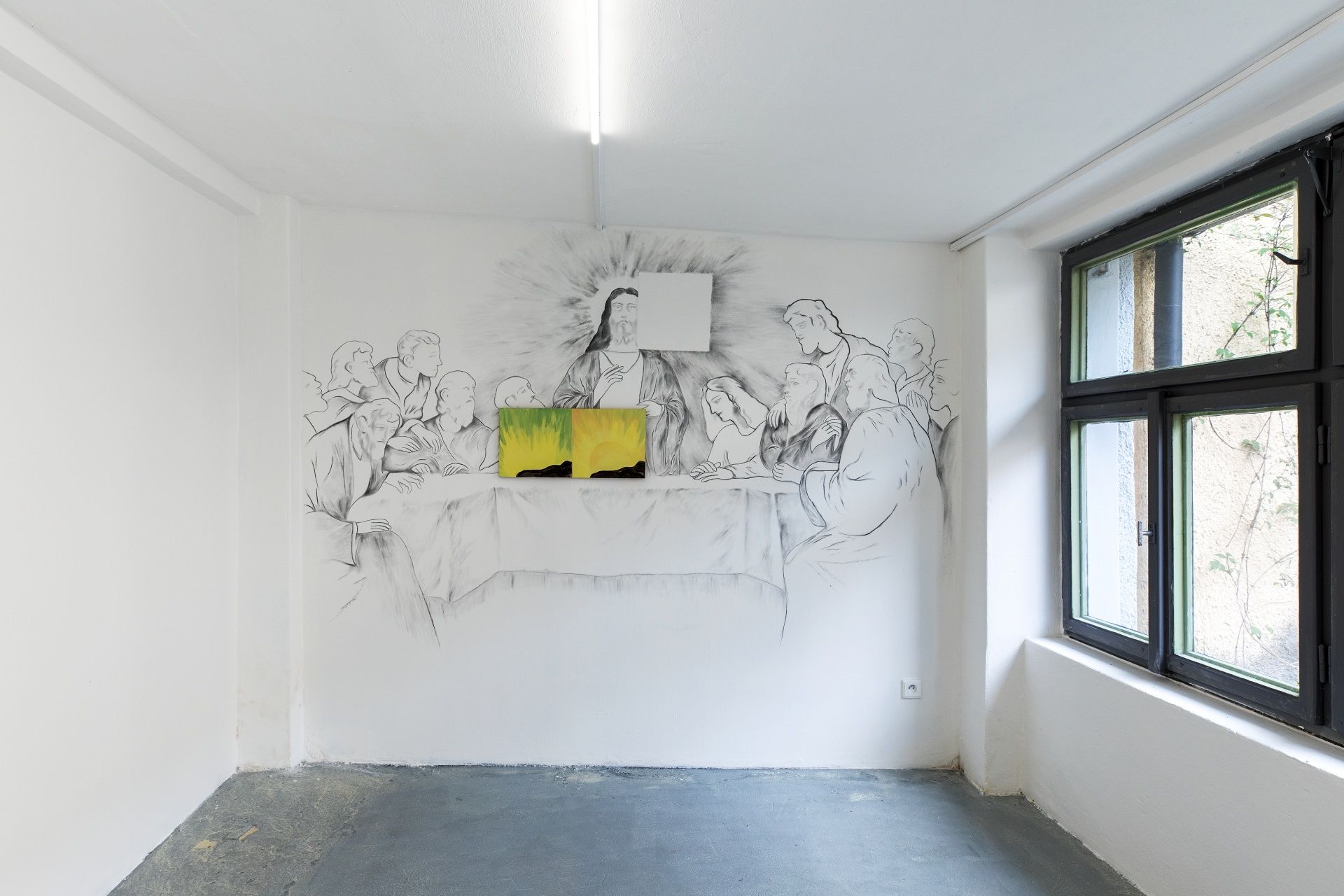 Katya Buchatska, view from the exhibition 'You Will See This Light on the Sunniest Day', 2023
Katya Buchatska, view from the exhibition 'You Will See This Light on the Sunniest Day', 2023 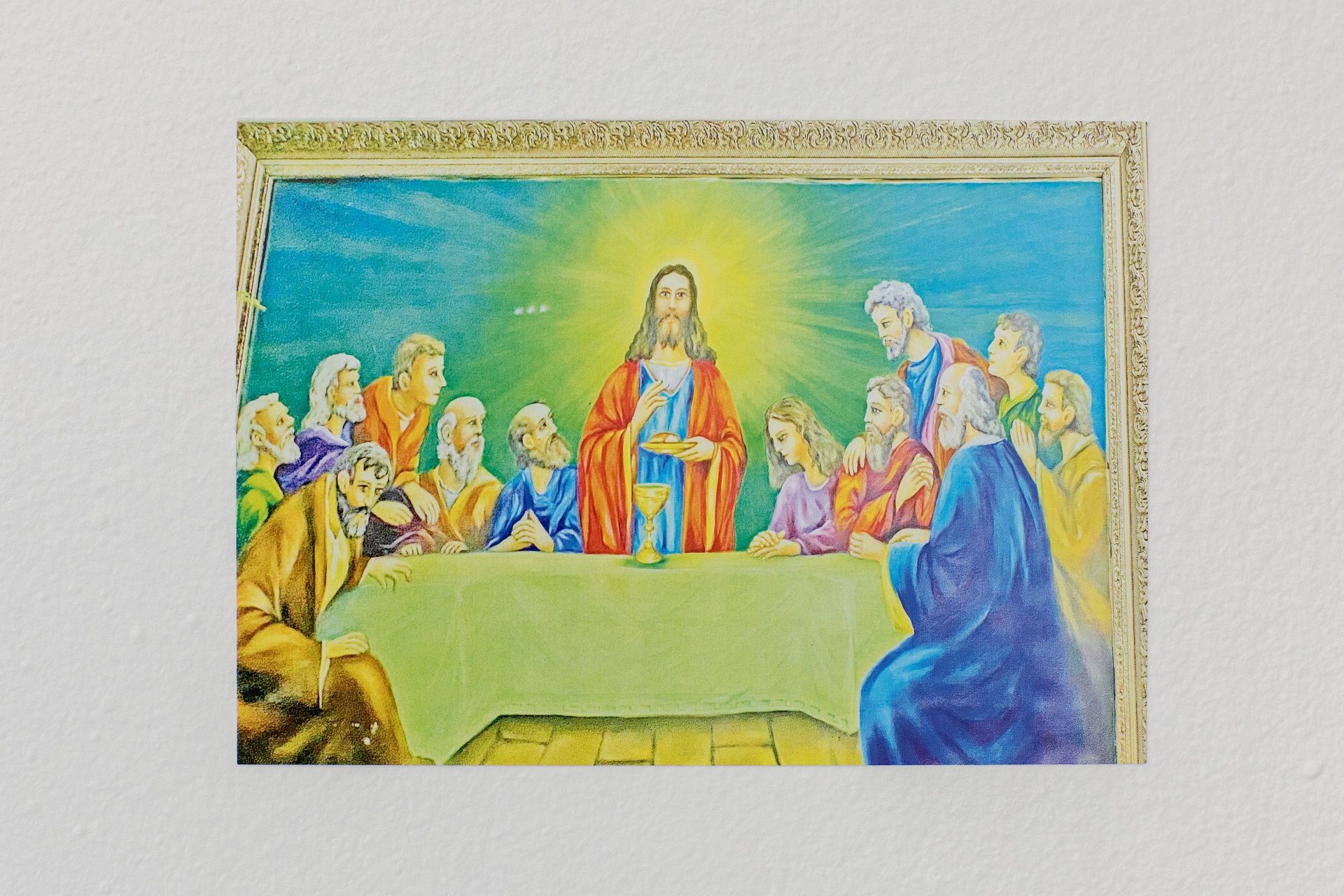 Katya Buchatska, view from the exhibition 'You Will See This Light on the Sunniest Day', 2023
Katya Buchatska, view from the exhibition 'You Will See This Light on the Sunniest Day', 2023 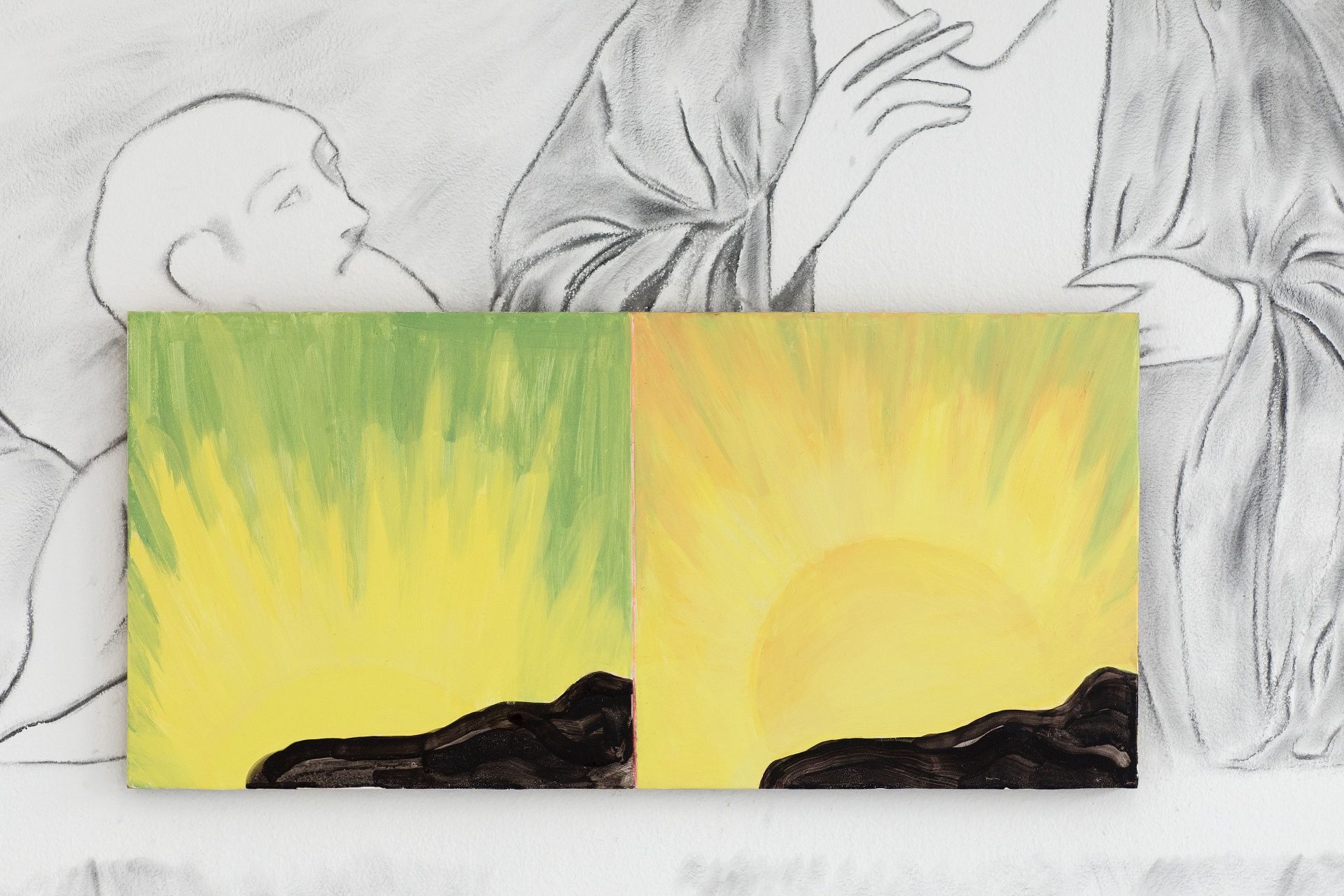 Katya Buchatska, view from the exhibition 'You Will See This Light on the Sunniest Day', 2023
Katya Buchatska, view from the exhibition 'You Will See This Light on the Sunniest Day', 2023 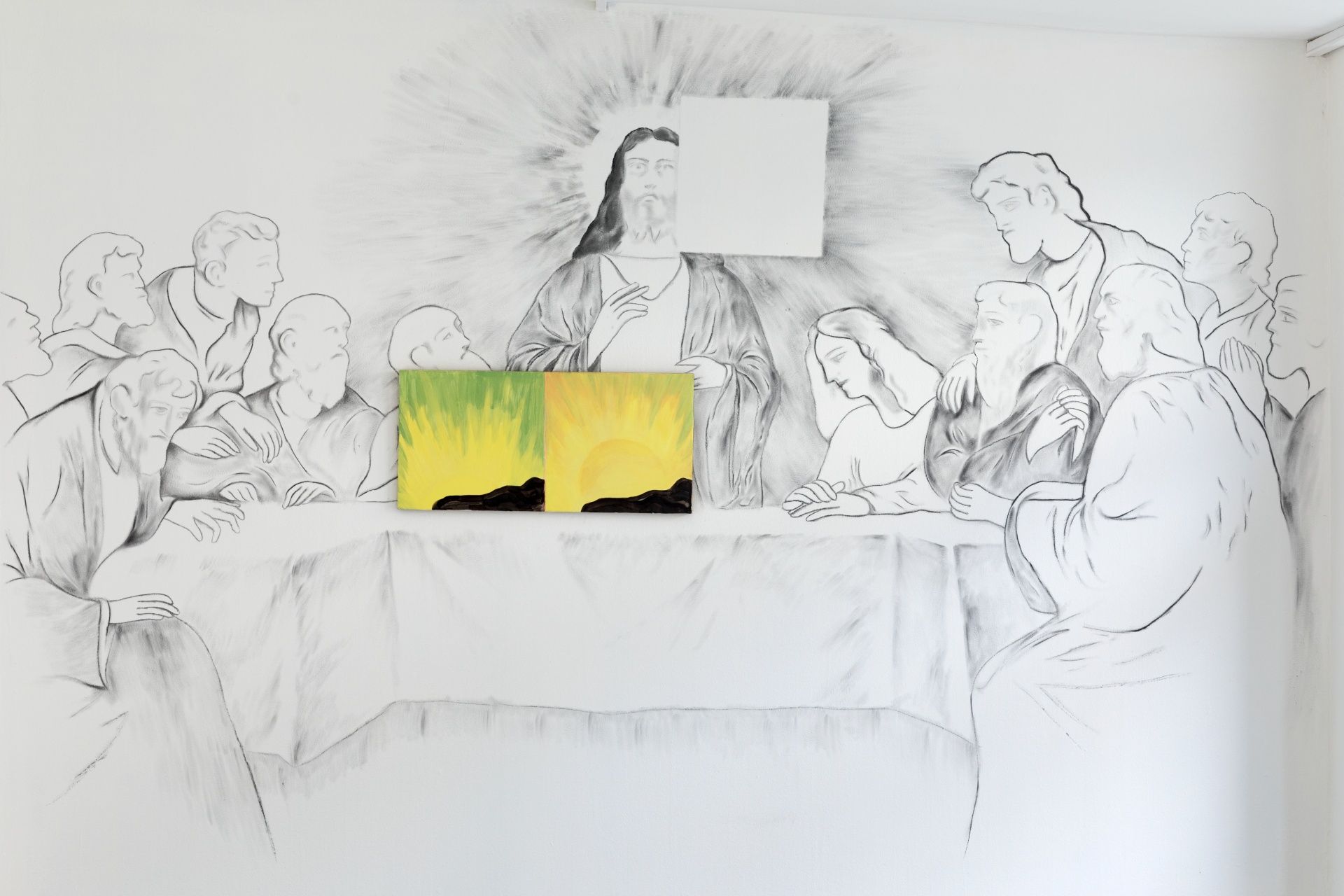 Katya Buchatska, view from the exhibition 'You Will See This Light on the Sunniest Day', 2023
Katya Buchatska, view from the exhibition 'You Will See This Light on the Sunniest Day', 2023 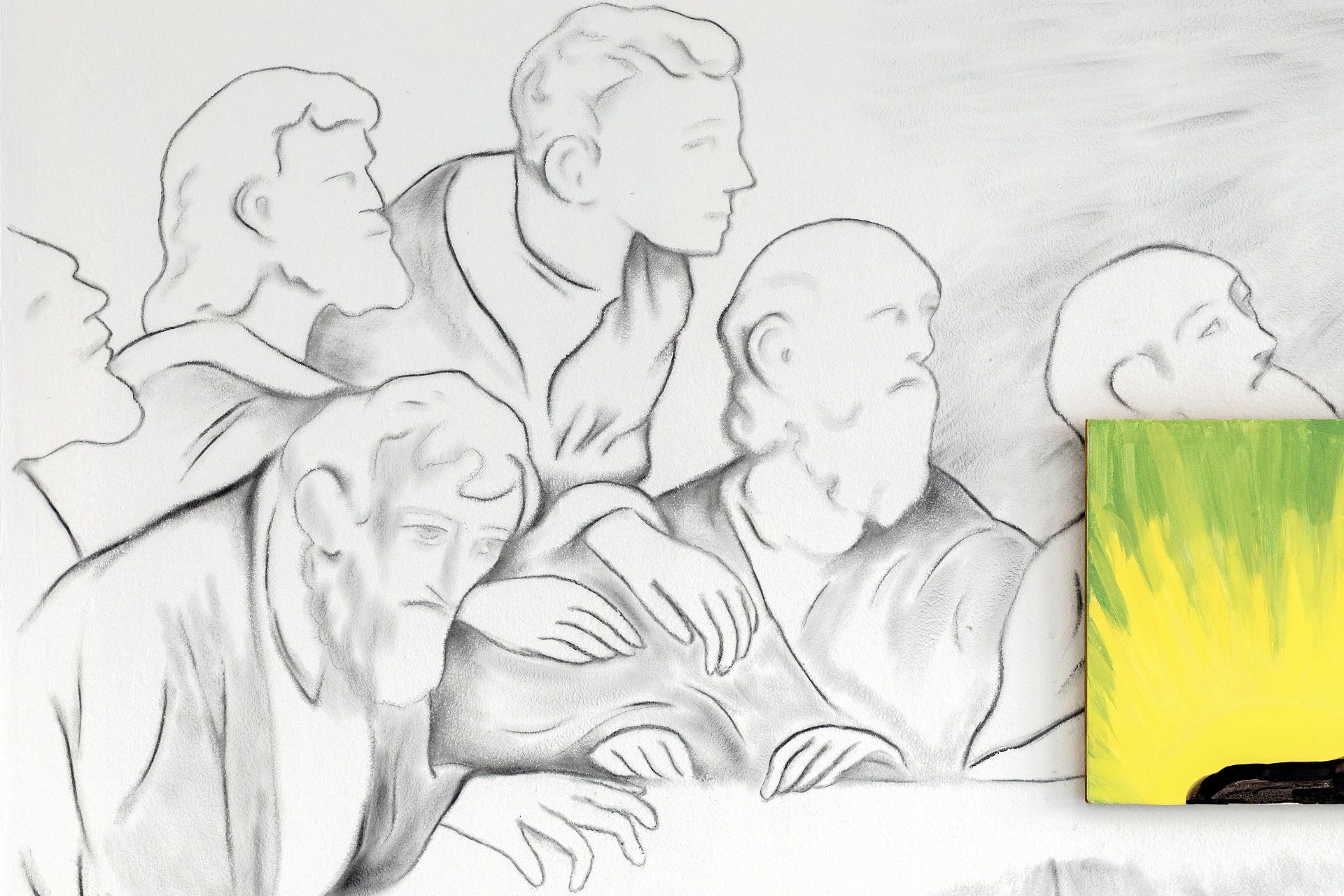 Katya Buchatska, view from the exhibition 'You Will See This Light on the Sunniest Day', 2023
Katya Buchatska, view from the exhibition 'You Will See This Light on the Sunniest Day', 2023